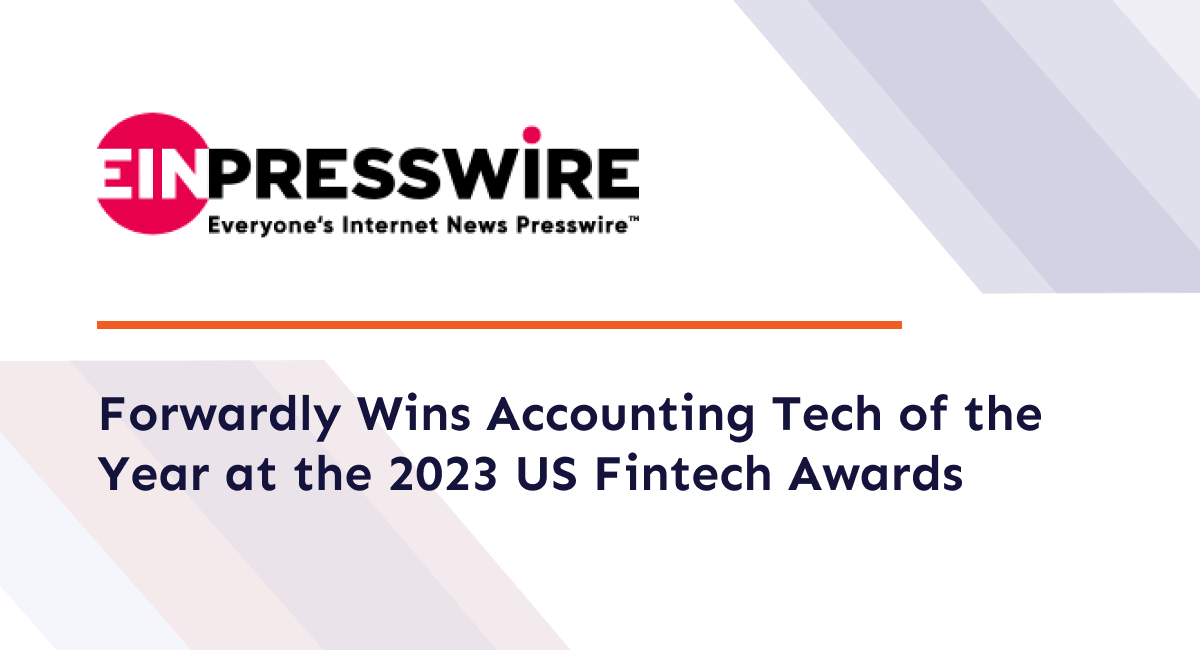A Guide to Compare & Choose the Best Small Business Loan Offers

Ready to expand or relocate your booming business? Or do you need some money to buy new or upgrade old equipment? Or do you want to increase working capital or cash flow to manage day-to-day business operations? A small business loan may be able to help you.
Today, the online lending marketplace is a preferred choice for your business finance needs. In the offline world, lending marketplaces that showcased a variety of loan offers, sold by multiple lenders made it easier for business owners to apply and secure the best business loan that fits their budget and needs.
Though there are myriad reasons to apply for business funding and multiple offers to choose from, it’s always challenging to compare the loans to figure out which one is the best for your business. Here are some of the many important factors to consider to help you find the right financing for your budget and circumstances.
Key Factors to Consider when comparing and choosing small business loans
When you’re securing a loan, you want to explore offers that meet your needs at most affordable terms. Here are some of the terms you’ll want to review when comparing each loan offer and different lenders.
Interest Rate and APR
The interest rate is one of the first things you should consider. It is the percentage of the total amount you’re borrowing and will determine how much you officially end up paying for your loan.
As interest rate has a significant impact on your loan cost, you need to pay close attention to it. Check whether it’s a fixed or variable rate of interest. The former stays the same till the loan ends while the latter can change – and possibly increase – during your loan term.
If you’re borrowing money from a traditional government bank and have a good credit score, you may qualify for competitive rates and terms. If you have a bad credit score and you’re not in rush to borrow, consider working on your credit before applying.
You may likewise observe an annual percentage rate (APR), in your credit offer. It includes the interest rate in addition to loan fees, which can give you a better sense of the advance’s actual cost.
Loan Principal
It is the amount of money you owe that will have to be repaid. The amount of interest you pay on your business loan is determined by the principal and can increase or decrease your total cost of capital. As it can allow you to get more specific about your debt, you should consider principal when comparing loan offers.
Collateral
When you’re comparing business financing, you’ll have to decide whether you want a secured or unsecured loan. A secured loan is connected to a piece of collateral, like your real estate, invoices, or blanket liens. If you’re unable to pay your secured debt, the lender can take legal action and force you to sell the property you used as collateral to get their money back. On the contrary, an unsecured loan doesn’t require collateral, so you don’t have to worry about potentially losing your assets.
Secured business loans such as equipment financing, invoice discounting, and inventory financing, will probably have lower rates, higher borrowing limits, and longer repayment terms than unsecured loans. When you’re weighing your options, ask yourself, “Do I have enough collateral to secure the loan”? Or “Whether my loan type comes under secured or unsecured loans”.
Fees
Checking if the lender is charging any fees will help you determine how much money will cost your small business loan on the whole. Here are some of the common fees to keep an eye out for.
Origination fee
It’s an upfront fee the lender charge for processing a new application. Typically, origination fees can range between 0.5% -1% of the loan and are often expressed as a percentage of the principal. For example, on a $500, 000 loan, an origination fee of 1% would be $5,000.
Application fee
Some lenders charge application processing fee. Check if there are some lenders who are not charging application fees at all or go for someone who is charging it less compare to others.
Late Payment fee
If there’s ever a delay in payment, you’ll want to check if your lender charges a late fee.
Other fees
Also, check several other fees that your lenders may charge such as underwriting fee, closing costs, prepayment penalty, insufficient funds fee, loan packaging fee, referral fee, factor fee, etc.
Loan Term
Small business loan terms can range from a few months to as long as 25 years, depending on the type of business financing you’re acquiring. For Example, loan term for SBA loan is 5 to 25 years while for a microloan is 1 to 6 years. As the term of each loan type will vary according to your business’ capacity and needs, it’s crucial to weigh all your options.
Monthly Payment
Your monthly payment is a fixed amount you have to pay to your lender at a specified date each month until your loan is paid off. When comparing loan offers, you’ll need to make sure whether it fits comfortably into your business budget so that you can pay wages, rent, and other bills while repaying debt.
Application Process
Go for a lender who has a streamlined application process and requires less paperwork than traditional bank loans. Lenders take a gander at something beyond your business financial assessment. They like to see an applicant’s full profile when choosing whether to affirm for credit or when setting the interest rate. You may be required more documents for larger business financing, an experienced lender will simplify the application process. They help you approve the loan faster while frequently decreasing the number of loops your business is required to bounce through.
Speed of Loan Approvals
It’s easy to compare loan offers on lending marketplaces but getting approval is not as easy as it seems. Depending on your business loan type, you can receive your funds in just 24-48 hours or it can take a couple of months. If you are in hurry and want a large amount and lower rate of interest, you should go for a lender or a loan such as an SBA loan. Contrary, if you need money urgently to run and grow your small business, choosing a fast loan type such as merchant cash advance or a short-term loan may be a better option.
The Total Amount
Consider the total amount of capital you’ll have to pay, including the principal amount plus interest and fees when comparing small business loans. While your monthly payment is high if you obtain a loan that has a 1 or 2 year maturity period, you’ll end up paying less and vice-versa. You’ll need to conclude what is increasingly significant for you: a lower regularly scheduled installment or a lower total cost.
Bottom Line
When you Need funding for your business, comparing loan options on lending marketplaces will help you find the best small business loans for your budget and needs. If you’re planning to borrow some money for your business, consider the above tips. Knowing how to compare and choose your options means when the time comes, you’ll be able to make the most informed choice for your small business.
Image Via FreePik


